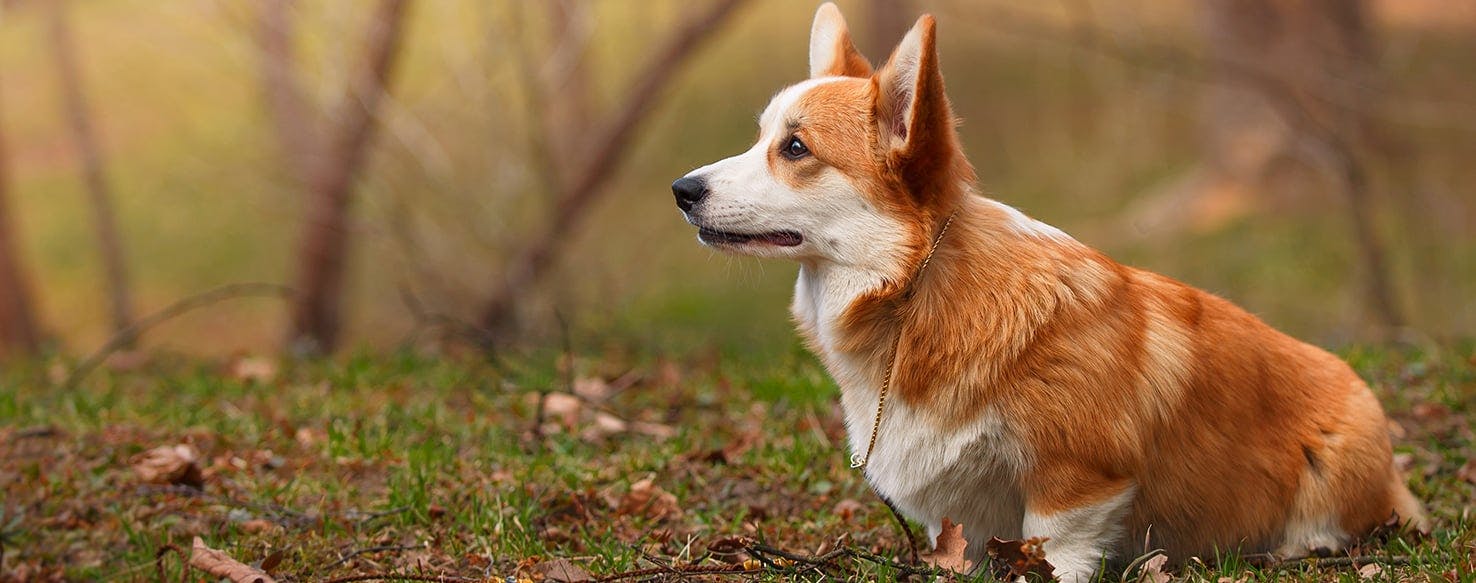Like many other parasites that dogs can be infected by, the whipworm can remain undetected until the infestation becomes severe enough to impact your dog’s quality of life.
Many dog owners who struggle with whipworm infections in their pups will rely on holistic methods to fight the recurrence of whipworms once conventional drugs eradicate the infection. They choose to focus mainly on natural, holistic approaches to control whipworms.
What are whipworms and how do they infect dogs?
Whipworms are parasites that invade a dog’s cecum (the area where the small and large intestines meet), and if left untreated, spread to the colon. The whipworm is named after its shape, a whip-like form where the front is narrower than the back end. This type of parasite is long and slender and grows up to four inches in length.
Female whipworms can lay up to 2,000 eggs a day, and those eggs are thick-walled and resistant to drying and heat, meaning they can survive for extended periods of time in challenging environments.
Dogs can become infected with whipworms by ingesting whipworm eggs in the soil, or by eating contaminated food or drinking contaminated water. After ingestion, the eggs migrate to the dog’s digestive system where the larvae hatch and burrow in to the small intestine’s lining. The larvae attach themselves to the intestine and feed on the dog’s blood.
Between 2 and 10 days later, the larvae move into the cecum and grow into adult worms. Within 70 to 90 days, new eggs are shed through the dog’s feces. Whipworm eggs are not infectious at this stage. It takes several weeks of growth within the soil before the larvae are infective, and the whipworm life cycle can begin again.
What are the symptoms of whipworms in dogs?
It’s hard to know if your dog is infected with whipworms at first because there are virtually no symptoms of the infection until it becomes dangerous. Mild to moderate whipworm infestations may not show any outward symptoms at all. Most infestations are diagnosed by using a microscope to view a fecal sample.
When a whipworm infestation becomes serious enough, you may see any of the following symptoms in your dog:
In severe cases, whipworm infection can cause an inflammation of the intestinal wall. This action will cause a buildup of significant mucus in the intestine. Chronic colitis and hemorrhage within the intestine may occur, causing severe anemia, and in some cases, death.
What are some holistic methods for fighting whipworm?
Some dog owners look to holistic approaches to prevent or resolve whipworm infections. Because of the severity of an infestation, it is best to use a veterinarian prescribed medication to eradicate the parasites. Then, a holistic approach can be used to render the intestines uninhabitable to whipworms. These are some popular, natural methods to consider for a comprehensive approach to managing a parasitic infection.
Give your dog a highly nutritious diet
A balanced diet will keep your dog’s gastrointestinal tract healthy and resistant to whipworm infections. Add fruits and vegetables in appropriate amounts to your dog’s diet to boost vitamin and nutrition content. A low carb and high protein diet is beneficial and adding vegetables like beetroot to detox the liver can only make your pup feel better.
Try probiotics and digestive enzymes
Probiotics help the body maintain healthy bacteria in the digestive system and strengthen your dog’s immune system. Digestive enzymes offer additional support to the immune system to prevent parasitic infections.
Add trace minerals to your dog’s food
Trace minerals play a major role in balancing the digestive system. Add a pinch of a trace mineral, such as authentic Himalayan pink salt or sea salt, at each of your dog’s meals.
Use natural purgatives
Ground-up raw, organic pumpkin seeds or black cumin seeds are natural, safe ways of expelling worms from the body. The papain in papaya seeds affects the motility of whipworms. Additionally, grated carrots, fennel, squash, and cucumbers work to prevent the pests. Carrots, in particular, are hard to digest and the worms are removed from the body as the carrot roughage makes its way through the intestines.
Use chamomile for digestive support
Chamomile is an excellent herb to help prevent and destroy parasitic worms. It should be administered as a glycerin tincture that can be placed directly in your dog’s mouth or his food.
Benefit from supplements
If whipworms have infected your dog, add some iron-rich and vitamin supplements to help your dog recover from anemia by producing more new blood. Adding Omega-3s will boost the immune system and heal the intestines.
Work with your vet
Remember to discuss your dog’s condition and any changes or natural remedies you want to use with your dog’s veterinarian before using them. Your vet can advise you on which method might work best for your dog’s circumstances as well as proper dosage amounts.
Further preventative methods
Keep the area where your dog plays and sleeps clean and dry. Regularly launder their bedding. Provide plenty of clean water so they are not tempted to drink from puddles and stagnant water. Remove feces from the yard as soon as your dog produces them to prevent eggs from being released into the soil. Have your furry body examined annually; this will include a fecal exam.
Whipworm infections are difficult to spot, and then even tougher to eliminate entirely. Re-infection from contaminated environments is a serious concern. Talk to your vet about using holistic methods to prevent whipworm infections in your dog, and help to break this parasite’s life cycle.


